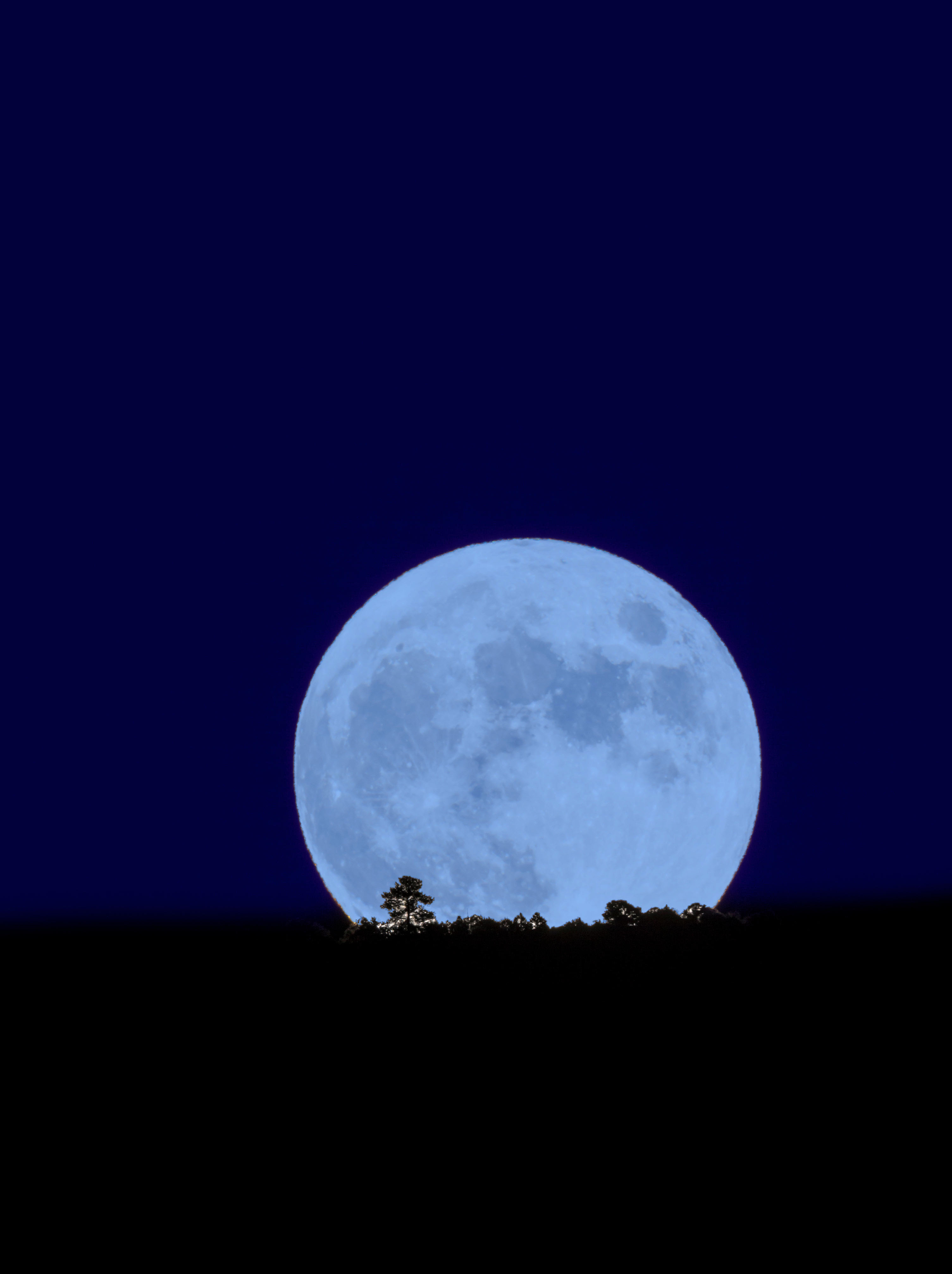Carla Carlisle: 'Spending billions to send a man to the Moon seemed a terrible distraction and an insane waste of money'
Carla Carlisle recalls her memories of the moon landings 40 years on.


Ask me where I was when Kennedy was shot, and I can provide you with an account so detailed you’d think I’d kept a diary. I can also remember where I was when I learned of the deaths of Martin Luther King and Robert Kennedy, and the moment I received a call telling me to turn on the TV on September 11, 2001. Although the distance between the act and the memory grows ever longer, the shadows of all these events are archived in my bones. With one small lacuna. I cannot tell you where I was on July 20, 1969. The day, 40 years ago, that humans first set foot on the Moon.
Memory plays tricks. I could almost persuade myself that I watched the Moon landing on television along with the many millions who made up the largest worldwide TV audience in history. Except I didn’t have a television in 1969 and I wasn’t interested in the Moon. I wasn’t blasé about the boldest voyage ever taken, I was just cynical. I didn’t see this as a difficult and glorious endeavour, I saw it as Cold War propaganda. American pride had been wounded by Sputnik, and only getting to the Moon first would restore it. Meanwhile, the country was fighting a war in Vietnam, inner cities were exploding in riots and rural poverty in the Deep South and Appalachia rivalled the Third World. Spending billions to send a man to the Moon seemed a terrible distraction and an insane waste of money.
I may not remember seeing it on the day, but like everyone else in the modern world, I have the images in my memory bank. I never said it out loud, but the Moon looked like a fun place to be. That little gravity dance that Neil Armstrong and Buzz Aldrin did, bouncing up and down. They looked pretty happy. And I felt a tremor of patriotic pride in the unexpected eloquence of Armstrong’s ‘one small step for man, one giant leap for mankind’. My ears didn’t detect the grammatical flaw that would become a hee-haw over the years. But the flag bit I found embarrassing. The Iwo Jima moment when the two men planted the American flag. It looked like they were staking a claim to the Moon, which was a step too far for a great hunk of mankind.
Still, for such a defining moment in man’s history, my ignorance about the Moon landing is shameful. And I have no excuse. Our farmer’s market may be the only one in the country that has an astronomy stall. Every week, Peter shows customers a sky chart of the past week’s night sky, and tells them what planetary movements to look for on the moonless, cloudless nights ahead. This month, he’s been more excited than usual, because it’s the International Year of Astronomy (who knew?) and July is the high point, with the 40th anniversary of the Apollo 11 Moon landing coinciding nicely with another date: 400 years since British astronomer Thomas Harriot made the first astronomical observations of the Moon using a telescope.
Goings-on in the sky have to be pretty dramatic for me to appreciate them. I’ve seen full Moons in Suffolk that have stopped my heart, and, thanks to Peter, I’ve even witnessed the occasional eclipse, which can be a soul-shaking experience. But this week, he gave me a magazine called Astronomy Now and insisted I read the story of the first Moon landing from blast-off to touchdown on Mare Tranquillitatis and back to Earth. The heavens opened.
I like knowing that Aldrin left a small pouch on the Moon with patches and medals honouring the men who had died aboard Apollo 1, the Soviet cosmonaut who’d died on Soyuz 1 and Yuri Gagarin. If you live long enough, awe overcomes petty politics. So do I think we should be making a return trip to the Moon? Perhaps not. Been there, done that. Let’s try something else hard. Like saving this planet, which is a wonderful place for looking up into the night sky.
Exquisite houses, the beauty of Nature, and how to get the most from your life, straight to your inbox.
Country Life is unlike any other magazine: the only glossy weekly on the newsstand and the only magazine that has been guest-edited by His Majesty The King not once, but twice. It is a celebration of modern rural life and all its diverse joys and pleasures — that was first published in Queen Victoria's Diamond Jubilee year. Our eclectic mixture of witty and informative content — from the most up-to-date property news and commentary and a coveted glimpse inside some of the UK's best houses and gardens, to gardening, the arts and interior design, written by experts in their field — still cannot be found in print or online, anywhere else.
